South Sudan
10.9
Population 2022 (Millions)
0.39
HDI Score
2021 (Max. 1)
38.7
SDG Score
2023
(Max. 100)
0.59
Gender Inequality
Index Score
(Max. 1)
N/A
Internet Inclusivity
Index 2022
(100 countries)
Overview
Projects
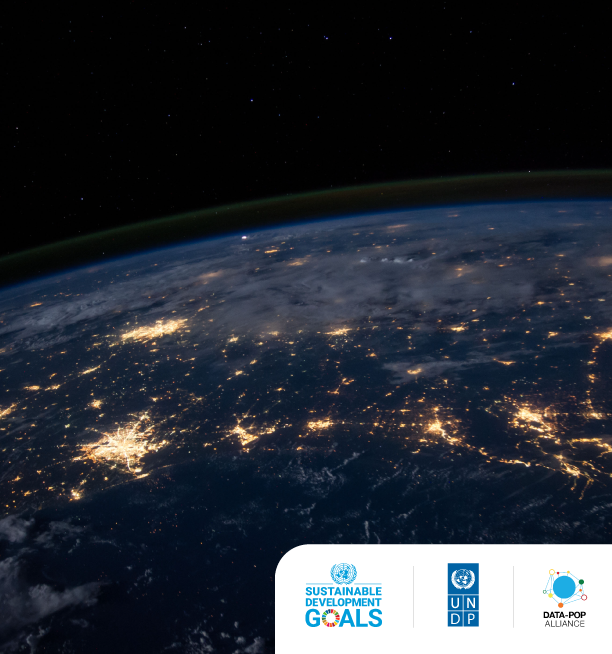
- Albania, Botswana, Egypt, Europe, India, Kyrgyzstan, Macedonia, Middle East and North Africa (MENA), Moldova, Mongolia, Pakistan, South Asia, South East Europe, Sudan, Tunisia
- January - June 2018
- AI and Statistics for the SDGs
- Partner(s): UNDP (Funder)
In partnership with the United Nations Development Programme (UNDP), DPA provided support to the Europe and Central Asia Regional Hub in Istanbul for the project “Measuring the Unmeasured” to contribute to SDG measurement and achievement. The effective use of data for public policy was of critical importance to the UN in its efforts to strengthen evidence-based programming and policy development. In particular, generating, analyzing, presenting, and using data was vital to global and regional efforts to monitor and promote the Sustainable Development Goals (SDGs). Our project aimed to scope, develop, and test different methods for measuring Tier III indicators of high SDG priorities for 11 countries in the Arab States, Europe & Central Asia, and Asia Pacific, with the main goal of utilizing this information in policy responses.
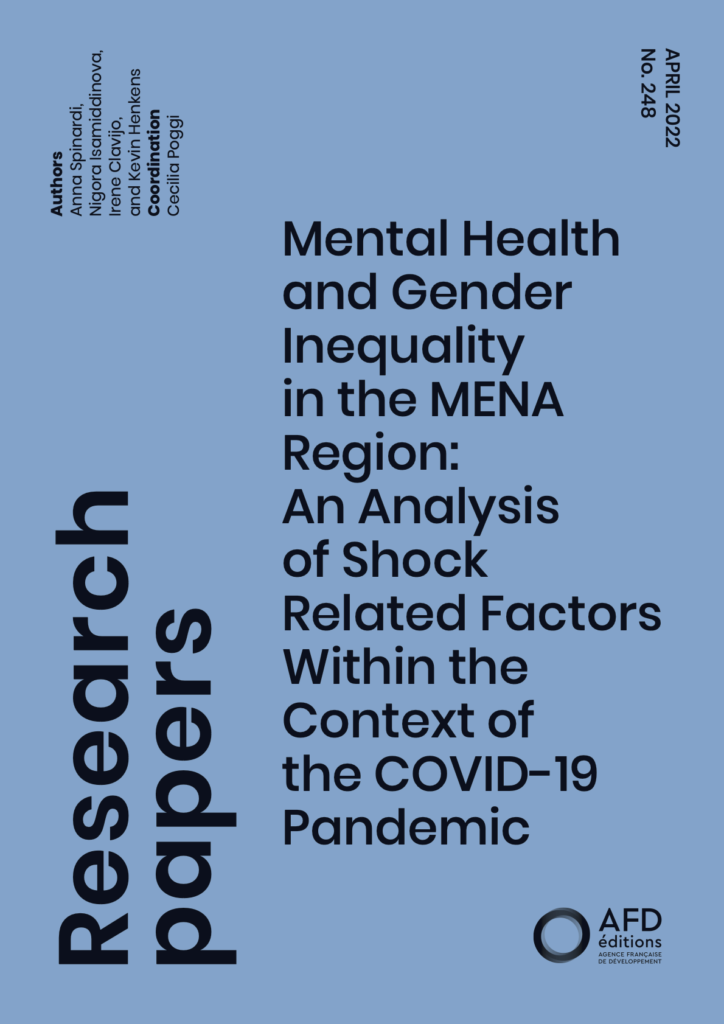
- Egypt, Jordan, Middle East and North Africa (MENA), Morocco, Sudan, Tunisia
- May 2021 - May 2022
- Resilient Livelihoods and Ecosystems
- Partner(s): Agence Française de Développement - AFD (Funder), Economic Research Forum (ERF)
In partnership with the Agence française de développement (AFD) and the Economic Research Forum (ERF), DPA produced a research paper investigating the potential associations between the socioeconomic impacts of COVID-19 on gendered mental health inequalities in the MENA region. The study adopted a mixed-methods approach, including a thorough literature review and quantitative data analysis using the Oaxaca-Blinder (OB) decomposition model. The results of this study were used to produce a policy paper with targeted recommendations to mitigate the impacts of the pandemic on women’s mental health and improve their social and economic well-being.
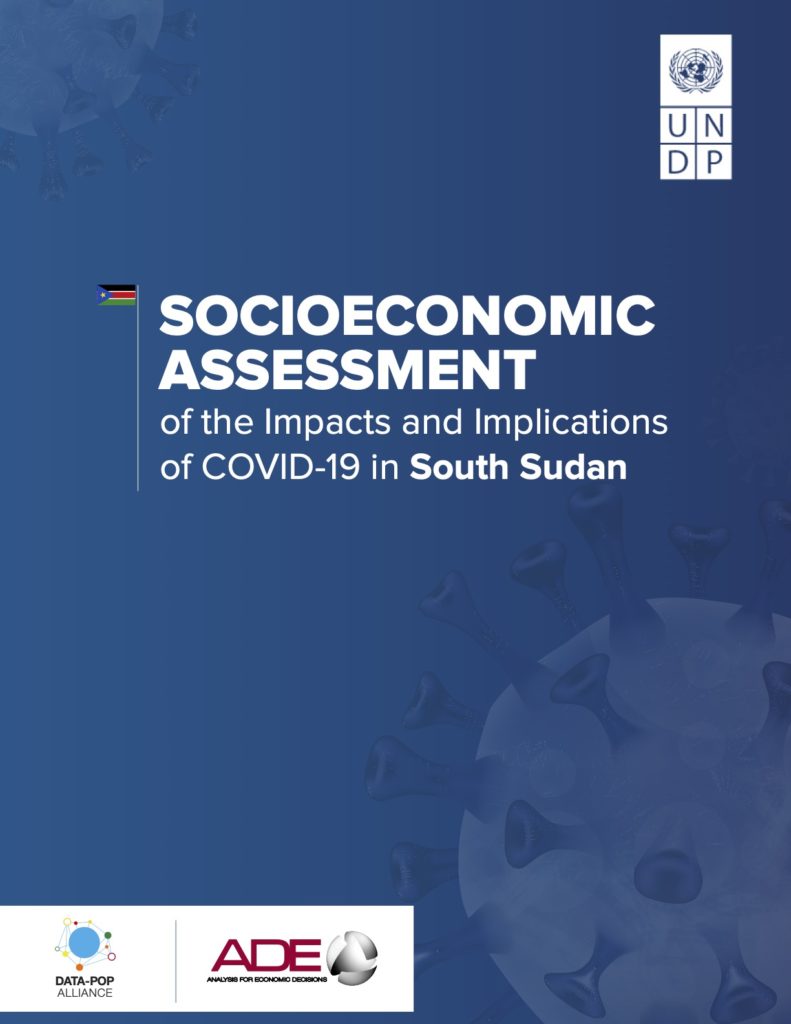
- South Sudan, Sub-Saharan Africa (SSA)
- May - June 2020
- Resilient Livelihoods and Ecosystems
- Partner(s): ADE (Funder), UNDP South Sudan (Funder)
With the support of the United Nations Development Programme (UNDP) and in partnership with ADE, this paper assessed both the direct and indirect effects of the pandemic in the country and identified implications for the donor community, including the UN System. First, it looked at macroeconomic and fiscal prospects, noting a dearth of options in the absence of sustained structural changes; then at the effects of COVID-19 on human development; the virus’s interplay with peacebuilding and state-building dynamics; and lastly, assessments of possible ways forward were discussed.
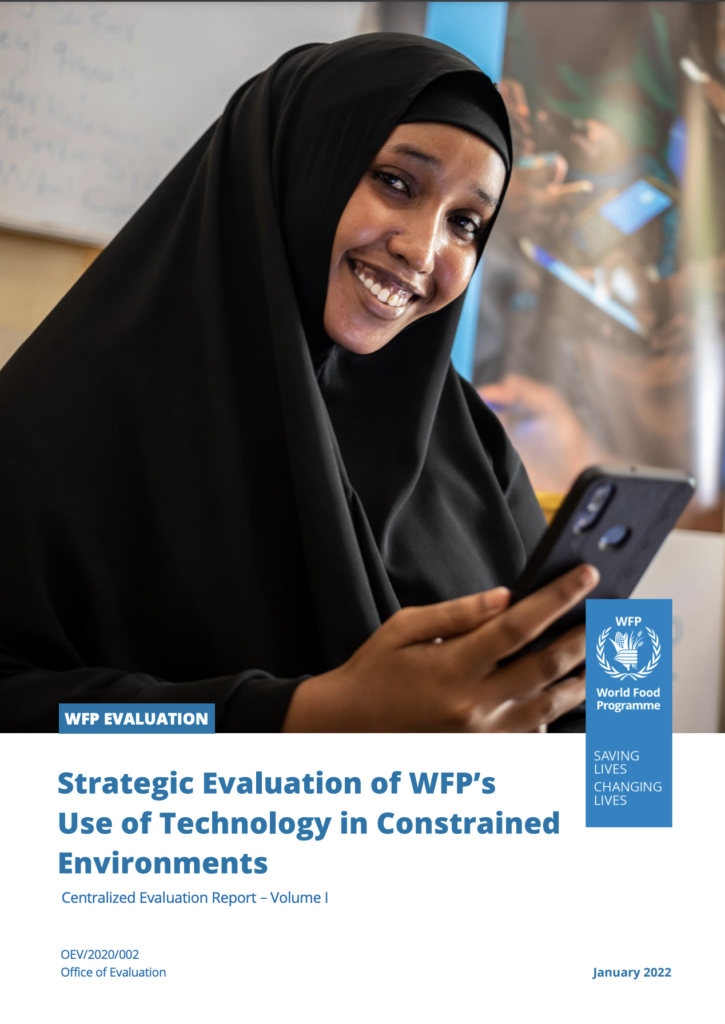
- Bangladesh, Iraq, Jordan, Middle East and North Africa (MENA), Niger, South Sudan, Sub-Saharan Africa (SSA), the Democratic Republic of the Congo
- September 2020 - February 2022
- Just Digital Transformations
- Partner(s): ADE (Funder), World Food Programme
This evaluation, developed in collaboration with ADE, examined the extent to which WFP effectively and efficiently deployed the most appropriate Information and Communication Technologies (ICTs), and how, why, and under which conditions the use of these technologies contributed to management and program objectives. The team designed a mixed-methods approach consistent with WFP’s proposed analytical framework and outlined the factors affecting technological innovation and diffusion. Additionally, six case studies were conducted in Jordan, Niger, Iraq, South Sudan, the Democratic Republic of the Congo, and Bangladesh.
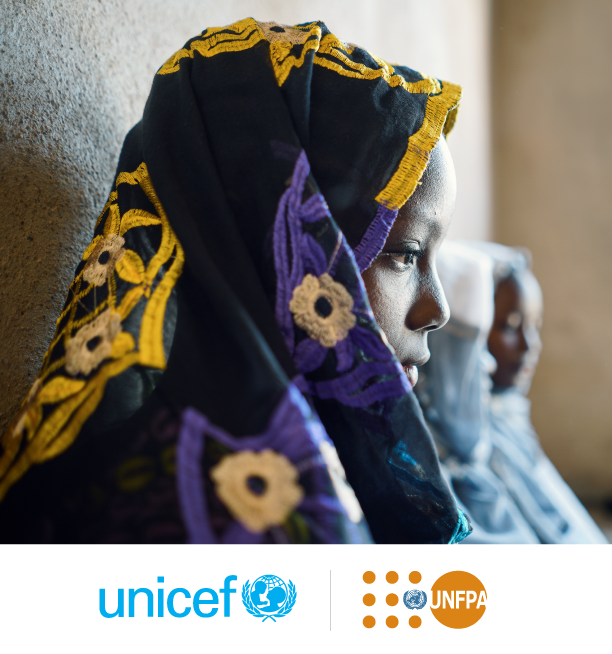
- Bangladesh, Burkina Faso, Egypt, Ethiopia, Ghana, India, Kenya, Middle East and North Africa (MENA), Mozambique, Nepal, Sierra Leone, South Asia, Sub-Saharan Africa (SSA), Sudan, Uganda, Zambia
- June 2022- May 2023
- Data Feminism
- Partner(s): UNFPA, UNICEF (Funder)
The need to end child marriage and FGM has never been greater –without accelerated progress to end both of these harmful practices, millions of women and girls across the globe will continue to be in danger. DPA, in collaboration with UNICEF and UNFPA, conducted a comprehensive landscape mapping and review of key technology-based interventions to address child marriage and FGM across 13 countries in Africa and Asia (Bangladesh, Burkina Faso, Egypt, Ethiopia, Ghana, India, Kenya, Mozambique, Nepal, Sierra Leone, Sudan, Uganda, Zambia). During the second phase of the project, DPA carried out an in depth review of three selected interventions to better understand their effectiveness, key success factors, and potential areas for improvement.
The methodology proposed by DPA was based on intersectional feminist approach and an analysis integrating both quantitative and qualitative research methods, as well as traditional and non-traditional data sources collected at different stages of the study, underpinned by a participatory approach involving UNICEF, UNFPA, and other stakeholders.
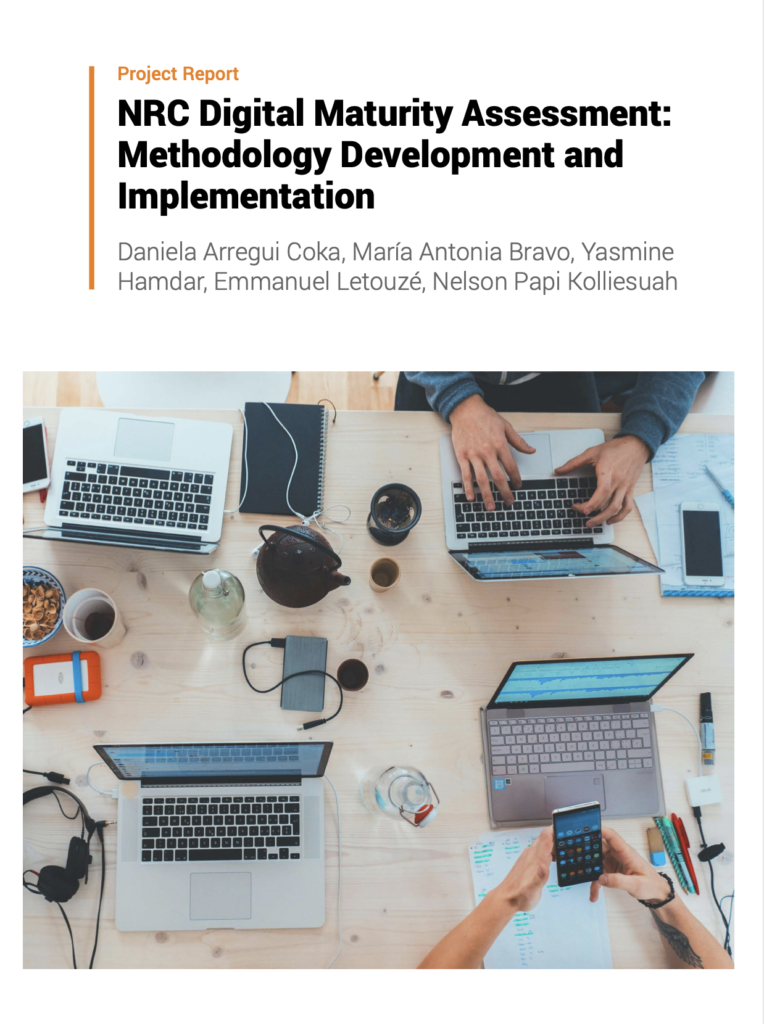
- Bangladesh, Global, Sudan
- November 2021 - June 2022
- Just Digital Transformations
- Partner(s): Norwegian Refugee Council (NRC) - (Funder)
DPA developed a Digital Maturity Assessment (DMA) framework to provide NRC Country Offices (COs) with a tool to self-assess their digital transformation journey based on the perceptions and experiences of its staff. The DMA framework is the analytical background guiding the calculation of a Digital Maturity Score that measures the level of digital transformation in the COs based on qualitative data on:
• Digital ecosystem, data, and tech management;
• User-centricity and digital inclusion;
• Digital mindset, literacy, and innovation;
• Strategy, governance, policies, and frameworks; and
• Investment and partnerships.
The DMA was tested in the COs in Bangladesh and Sudan. The results and outputs of these pilots were made available in an interactive dashboard created to facilitate the visualization and extraction of insights.
